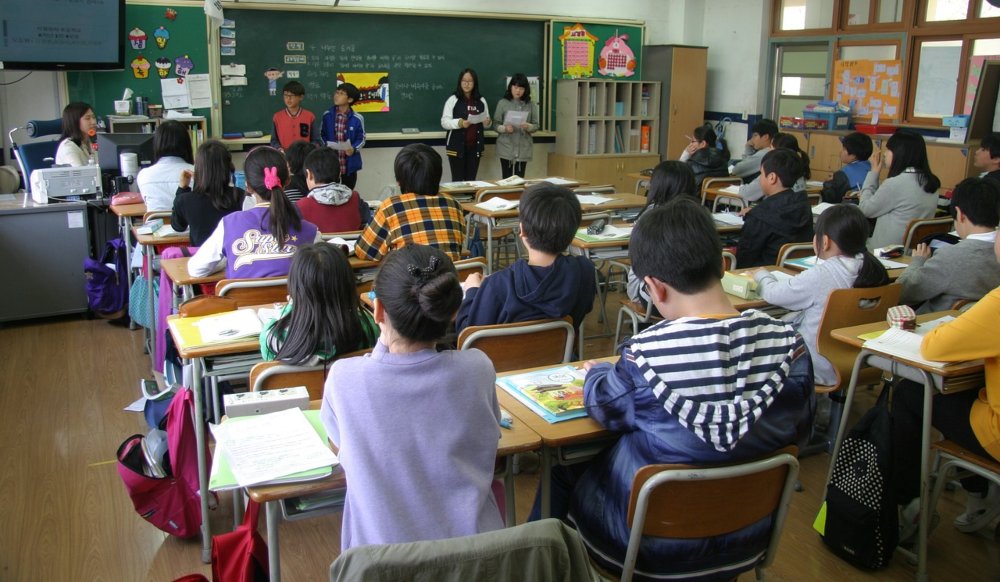Seattle City Council is going to have five or six new councilmembers without any on-the-job experience. How long until they find their way to the restrooms? More importantly, what will happen to the city while they learn to do the job?
There once was a similar time: In 2004 when I was elected to the council, there were three of us who were brand new — Tom Rasmussen, David Della, and me. Thanks partly to the Strippergate scandal that bounced some incumbents, voters had elected the largest group of neophytes within memory. Meanwhile, Seattle was facing multiple crises (the Enron disaster, search for new City Light superintendent, continued homelessness, human service siting etc.), so the new recruits would have to get up to speed quickly.
Council president at the time was veteran Councilmember Jan Drago. She recognized the city would be best served if the beginners were offered training. She set aside the month of January. There would be no meetings that month, only sessions between neophytes and officials preparing them to serve. At first, it seemed unnecessarily restraining (we’d been elected and were anxious to start work), but the month-long schooling worked. We had time to settle into our offices, train staffers (most of us had three), meet the Council Central Staff and learn how to do our jobs.
During that month, we met with a bakers’ dozen of officials: Among them Parks Superintendent Ken Bounds, City Attorney Tom Carr, Budget Director Dwight Dively, and Police Chief Gil Kerlikowske. I still recall sessions they taught. Attorney Carr, for example, caused some alarm when he said we’d all be sued before the end of our terms. But he added that the law department would defend us if we were acting within our roles as councilmembers. It was reassuring — sort of.
Fast forward 20 years and the council is, once again, experiencing a large turnover, this time because of voter concerns over public safety. What these beginners lack is knowing how to do the job, how to staff a committee, how to replace a council vacancy (Teresa Mosqueda is leaving to join the King County Council), and how to propose legislation and gain needed support.
Turns out that one-time council president Drago remains on the scene. Backed by several former councilmembers, she’s been counseling council candidates and pushing for training to help them succeed. Sooner (before the January swearing in) is better than later, since meetings with four or more councilmembers would constitute a quorum and violate the public meetings law.
Drago’s proposal – with luck backed by the prospective new council president (Sara Nelson?) — is for the novices to meet with department heads and others who could impart wisdom, warn about pitfalls ahead, and prepare for rude shocks like being sued or picketed at home. Meeting face to face would also help the novices work together. Politics, above all, is knowing how to enlist and trust others and learning how to count votes. If I remember correctly, it was the late Sam Smith, a shrewd former Seattle council president, who refused to introduce unsupported ideas, no matter how seductive. As he declared: “Five votes IS policy.”
Discover more from Post Alley
Subscribe to get the latest posts sent to your email.

Jean, it was a pleasure to watch you own your seat on the Council.
It is important to be reminded of the resumes of these newly elected Councilmembers. Like Sara Nelson and Dan Strauss, some of these “newbies” were staff to Councilmembers. Cathy Moore, like Sara, worked for Richard Conlin. Maritza Rivera worked for Tom Rasmussen.
Others have the intelligence and ability to navigate the ropes. Rob Saka didn’t get to be a top lawyer for Meta without a lot of quick learning. Joy Hollingsworth had been schooled in governance and leadership by her beloved and respected grandmother, former Seattle School Director (the first Black member) Dorothy Hollingsworth, since she was born. And Bob Kettle has been up close and personal to policy for decades; we may also gain a 2-fer with Bob, on par with Bill Clinton, as his wife, Sarah Dunn, is the Legal Director for ACLU of Washington.
That said, the strength of the class of that 2003 City Council election was greatly enhanced by Jan Drago’s training strategy. As there was overlap between Richard Conlin and Jan Drago’s tenure, with Sara Nelson staffing of Conlin, it would certainly seem that a Professor Drago would be an easy sell.
Granted that the newly electeds have a lot of savvy or they couldn’t have managed to survive tough races. However, running a successful campaign and being an effective councilmember are two distinctly separate skills. As a reporter, I thought I knew about the job; but I had a lot to learn about working with eight others; so glad I had that month-long training.
Sage advice indeed, Jean. Here’s to hoping they heed your’s and Jan Dragos’s counsel.
These are excellent suggestions and I hope they are implemented with the new council.
We desperately need a cohesive council willing to work together to bring Seattle back.
One of the problems with the current council, aggravated by the presence of Kshama Sawant, is that they pretty much do not get along well. Usually the keys to amity are one councilmember who does not have higher political ambitions (Paul Kraabel, Sally Bagshaw) whom others confide in and gives straight political information, a trusted, neutral ambassador from the Mayor’s office (Ed Devine), and an even-handed council president.